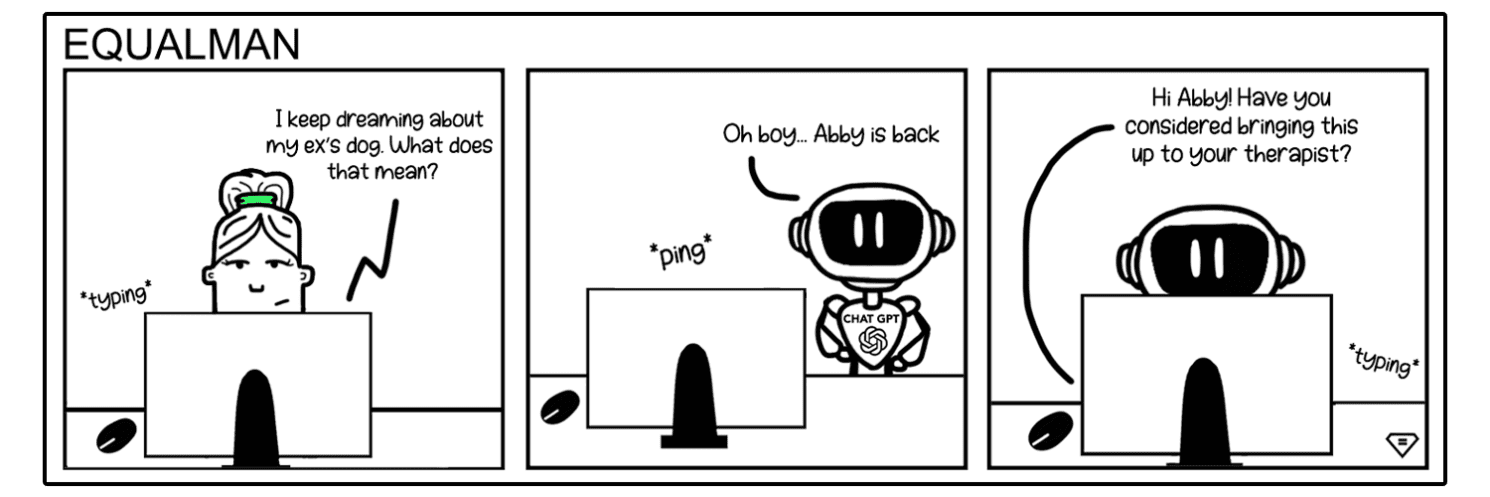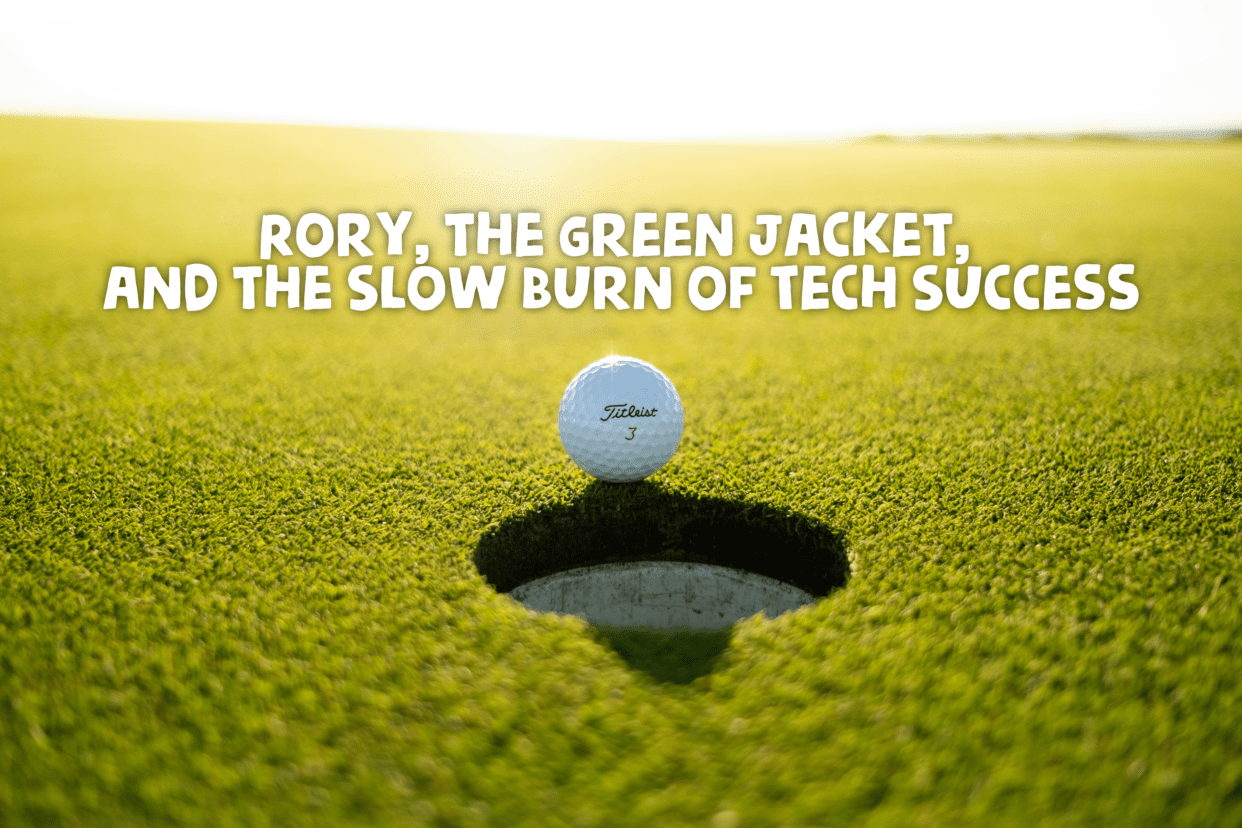Super U Podcast | Stop Multitasking | The Focus Project #9
This audible clip from Erik Qualman’s #1 Bestselling book The Focus Project covers how multitasking can have negative, long-term effects that cause our brains to do more work than what we can actually handle.
5x #1 Bestselling Author and Motivational Speaker Erik Qualman has performed in over 55 countries and reached over 50 million people this past decade. He was voted the 2nd Most Likable Author in the World behind Harry Potter’s J.K. Rowling.
Need a sneak peek? Below are the main takeaways from the episode.
Stop Multitasking | The Focus Project #9
Episode Preview:
“Multitasking is really switch tasking, multitasking the best way to screw up both jobs, t-shirt humor or truth. A study at the British Institute of Psychiatry shows that multitasking efforts like checking email while performing another creative task, decrease your IQ at the moment by up to 10 points. Now I’m not certain about you, but I can’t afford to lose 10 points. This decrease in IQ is the equivalent of the effects of not sleeping for 36 hours and is more than twice the impact of smoking marijuana. The reason multitasking is really switch tasking. researcher David Meyer Ph.D. sheds light on this. People in a work setting who are on their computers were also having to answer phones and talk with coworkers are doing switches all the time. Not being able to concentrate for say 10s of minutes at a time means a cost of as much as 20 to 40% in Lost efficiency. Instead of parallel processing tasks, our brains are actually switching tasks. Which task is more important writing this book or listening to the conference call. As our brains switch back and forth between tasks, we lose efficiency.
Jordan Graf in Chief of the cognitive neuroscience section at the National Institute of Neurological Disorders and Stroke explains there’s substantial literature on how the brain handles multitasking and basically, it doesn’t. What’s really going on is a rapid toggling among tasks rather than simultaneous processing is a study by Stanford psychologist Anthony Wagner, and EVO Ophir found college students who often juggle many flows of information such as checking social media, texting, watching videos, studying, and chatting on the phone, performs significantly worse than college students who limit their multitasking. Multitasking also has negative long-term effects. People who regularly multitask have more difficulty with tasks requiring working memory and sustained attention than those who rarely multitask. Multitasking leads to attention lapses that over time makes sustaining attention to any single task more difficult. ”
Click here to subscribe and listen to the full episode.

To ensure you don’t miss future episodes, subscribe to our podcast by clicking here >> Super U Podcast. We hope these tips help unlock and unleash your inner superpower!
The Super U Podcast is hosted by #1 bestselling author and Motivational Speaker Erik Qualman.





